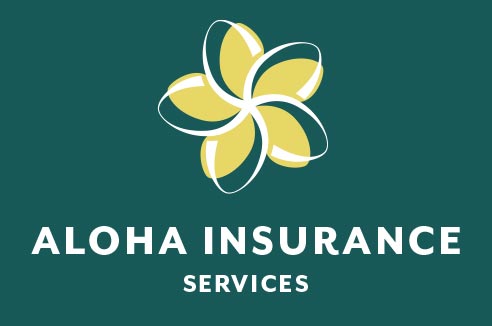The settlement amount depends on which type of policy you have. Having inadequate insurance can affect the amount of compensation you get.
Replacement Cost and Actual Cash Value
Replacement cost provides you with the dollar amount needed to replace a damaged item with one of similar kind and quality without deducting for depreciation—the decrease in value due to age, obsolescence, wear and tear and other factors. An actual cash value policy pays you the amount needed to replace the item minus depreciation.
Suppose, for example, a tree fell through the roof onto your 8-year-old washing machine. If you had a replacement cost policy for the contents of your home, the insurance company would pay to replace the old machine with a new one. If you had an actual cash value policy, the company would pay only a percentage of the cost of a new washing machine because a machine that has been used for 8 years would be worth less than its original cost.
Suppose, also, that the tree damaged your 15-year-old roof so badly that it had to be completely replaced. If you had a replacement cost policy, the insurance company would pay the full cost of installing a new roof. If you had an actual cash value policy, it would pay a smaller percentage of the cost of replacing it.
Extended and Guaranteed Replacement Cost
If your home is damaged beyond repair, a typical homeowners policy will pay to replace it up to the limits of the policy. When the value of your insurance policy has kept up with increases in local building costs, a similar dwelling can generally be rebuilt for an amount that is within the policy limits.
Some insurance companies offer a replacement cost policy that will pay a certain percentage over the limit to rebuild your home—20% or more, depending on the insurer—so that if building costs go up unexpectedly, you will have extra funds to cover the bill. These are called extended replacement cost policies. A few insurance companies still offer a guaranteed replacement cost policy that pays whatever it costs to rebuild your home as it was before the disaster. But neither a guaranteed nor an extended replacement cost policy will pay for a house that’s better than the one that was destroyed.
Mobile Home Policies
If you own a mobile home, you may have a policy based on replacement cost, actual cash value or, in a few cases, a “stated amount.” With a stated amount policy, the maximum amount you receive if your home is destroyed is the amount you agreed to when the policy was issued. The depreciation in the value of your home is not considered in the settlement. If you opt for the stated amount, update your policy annually to make sure that the stated amount will cover the realistic cost of replacing your mobile home. Check with local mobile home dealers to find out what similar homes sell for now.


